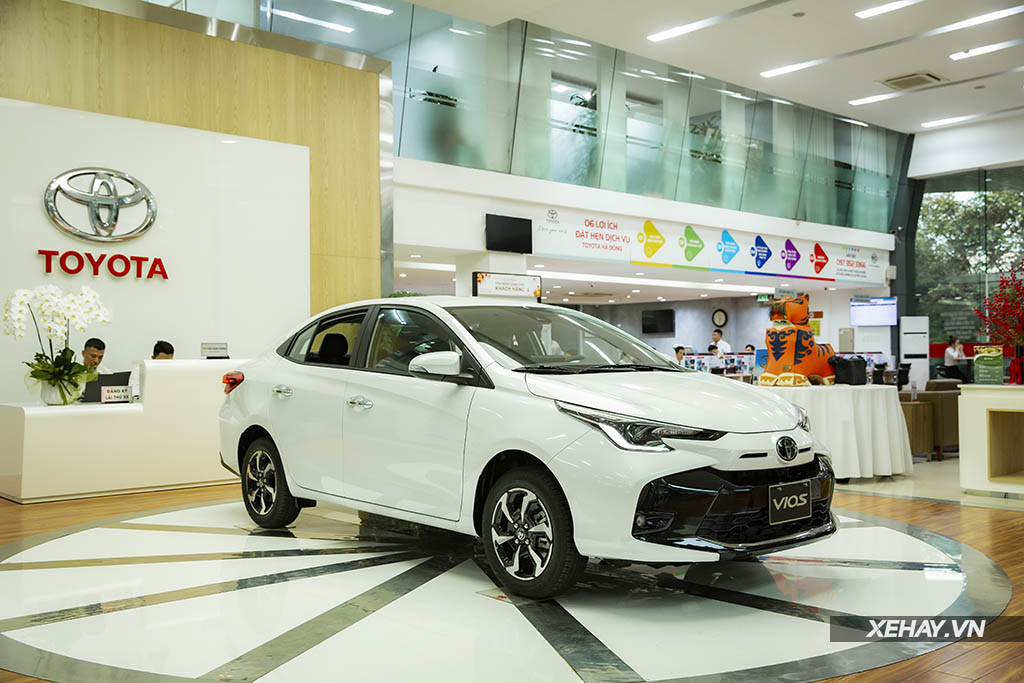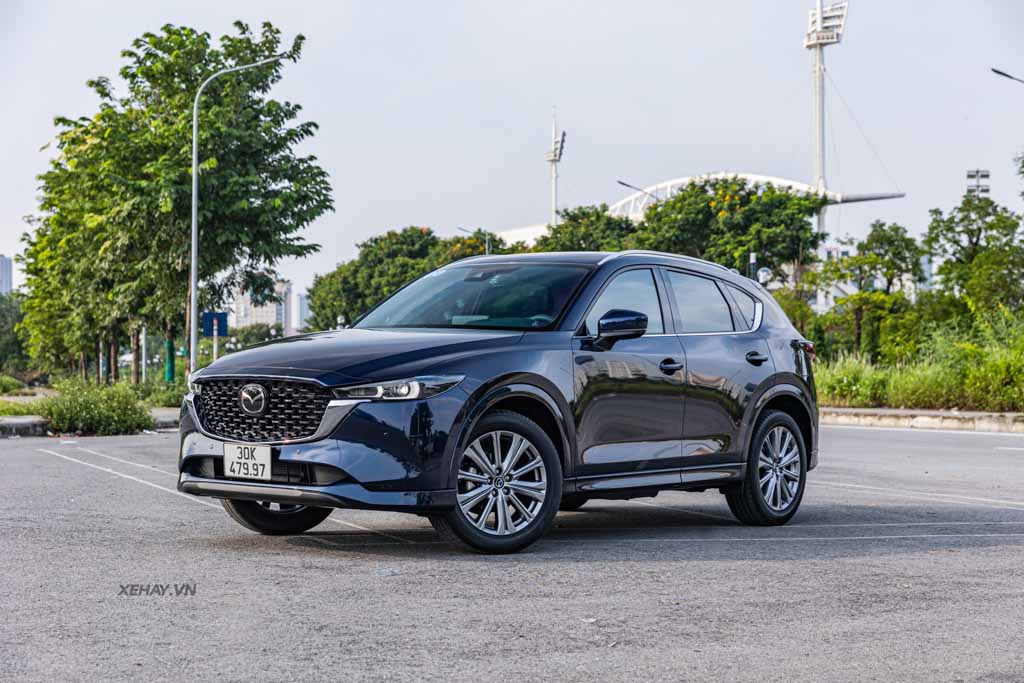The Ministry of Finance’s recent proposal to reduce registration fees by 50% for the fourth time, from August 1, 2024, to January 31, 2025, has not been approved by the Government.
This caused a rush of customers to sign contracts and take delivery of their vehicles in the last few days of June, avoiding the seventh month which is considered unlucky.
In reality, the reduction in registration fees for domestically produced and assembled cars has already been implemented in three phases: from June 28, 2020, to December 31, 2020; from December 1, 2021, to May 31, 2022; and from July 1, 2023, to December 31, 2023.
The Ministry of Finance stated that the fee reduction also impacted the state budget, resulting in revenue losses of VND 7,314 billion, VND 7,896 billion, and VND 5,238 billion respectively in those years.
If the fee reduction were to continue in 2024, the state budget is expected to lose another VND 5,200 billion.
Additionally, reducing the registration fee by 50% would violate international commitments that Vietnam has signed. If Vietnam were to continue reducing registration fees for domestically produced and assembled cars, according to WTO and FTA regulations, we would also have to reduce registration fees for imported cars. However, in the current context, this would not benefit the domestic automobile manufacturing industry.
Since June 2024, many consumers have been waiting and postponing their car purchases in anticipation of government support for registration fees. However, after several months, the policy remains uncertain, resulting in a stagnant market for automobiles in Vietnam.
Some buyers shared that they had missed out on dealer incentives while waiting for the registration fee reduction. However, when they decided to purchase after learning that the fee support would not be provided, they found that the prices were no longer as attractive, leaving them disappointed.
There were also cases of people who bought cars earlier but postponed registration, using temporary plates, in anticipation of the reduced registration fee policy. They now find themselves in a tricky situation.
Sales staff also expressed disappointment as many potential customers who had postponed their purchases in expectation of the fee reduction have now backed out. This has significantly impacted the sales and income of dealership employees over the past few months.
On the other hand, some customers rushed to register and take delivery of their vehicles before the unlucky month to avoid any bad luck.
A Toyota salesperson shared that after multiple delays in the fee reduction, many customers have lost hope and are now focusing on dealerships that offer significant discounts.
TH (Tuoitrethudo)






























.jpg)

















